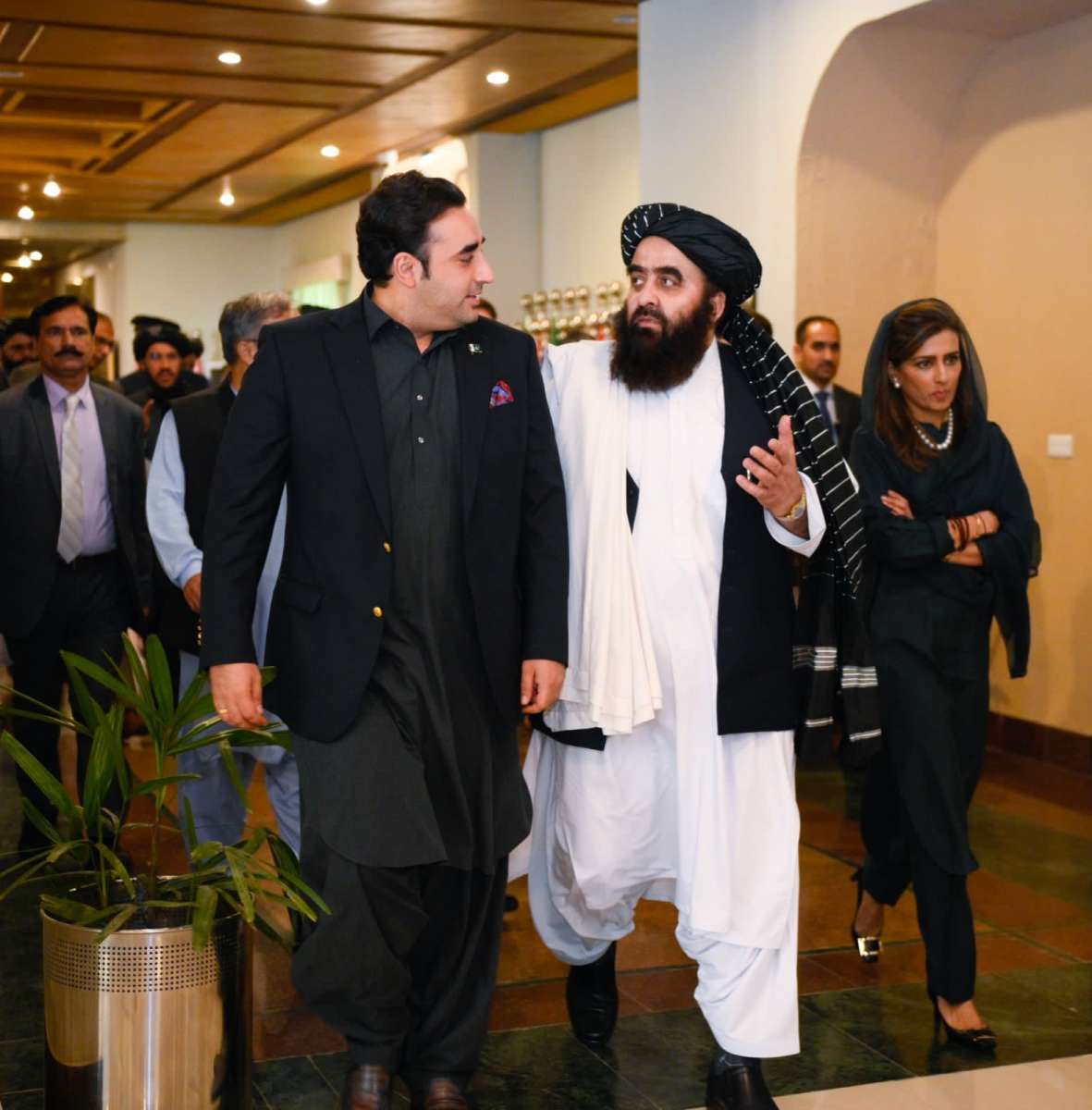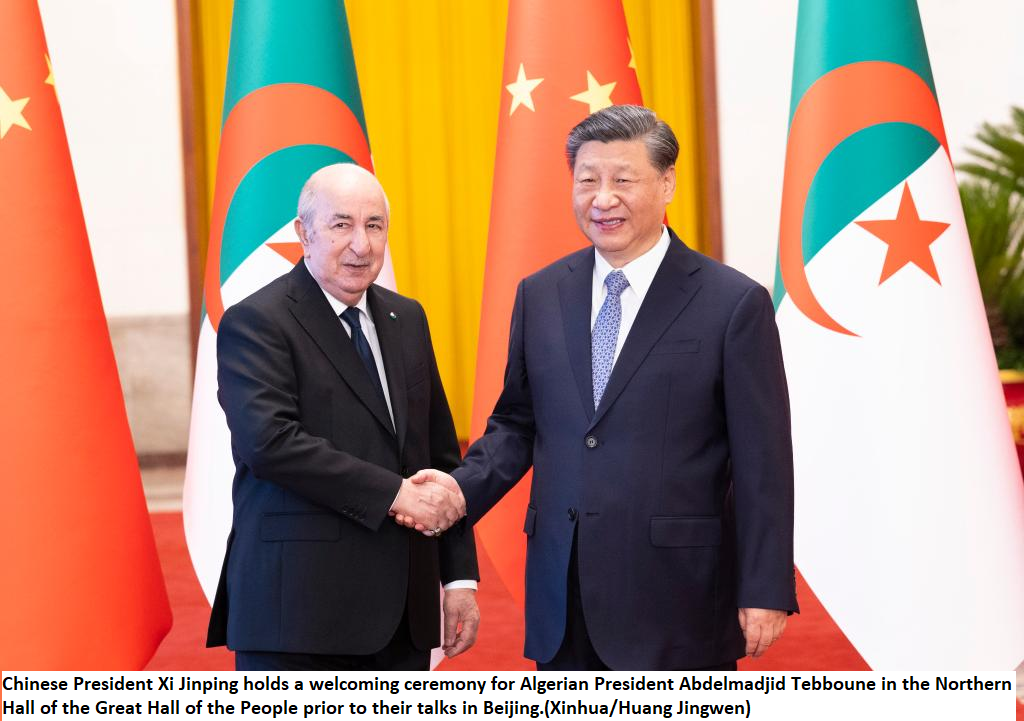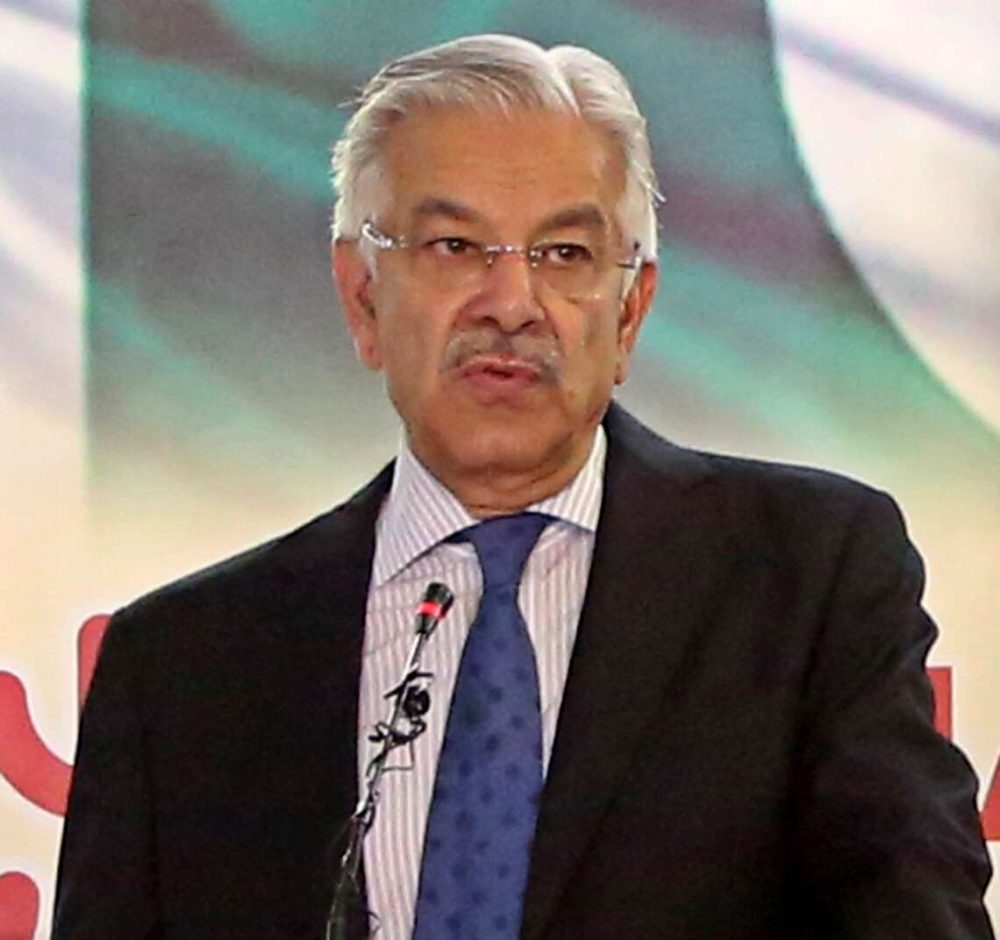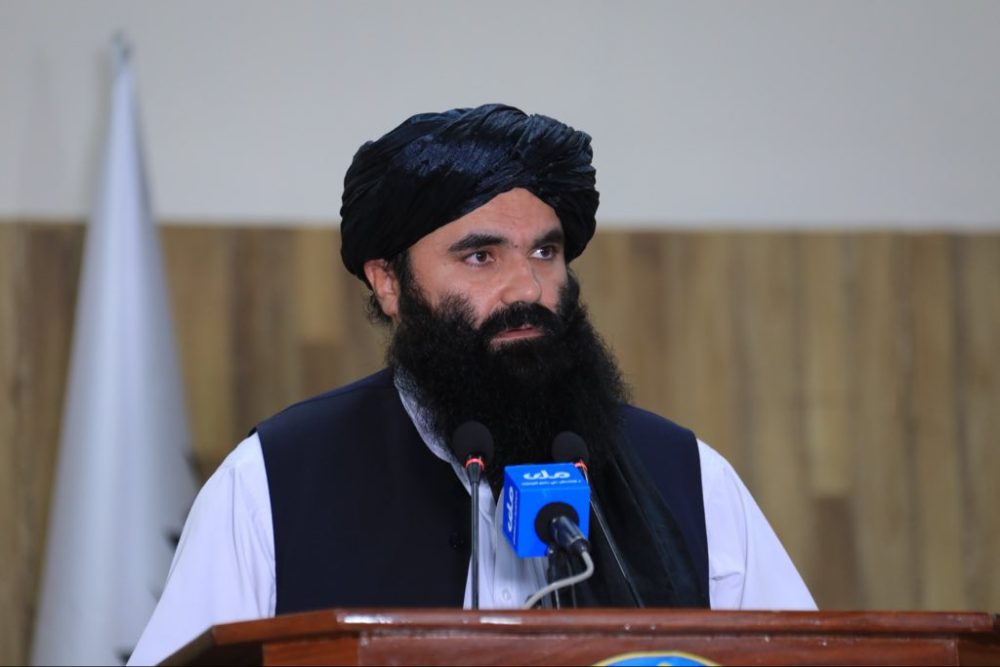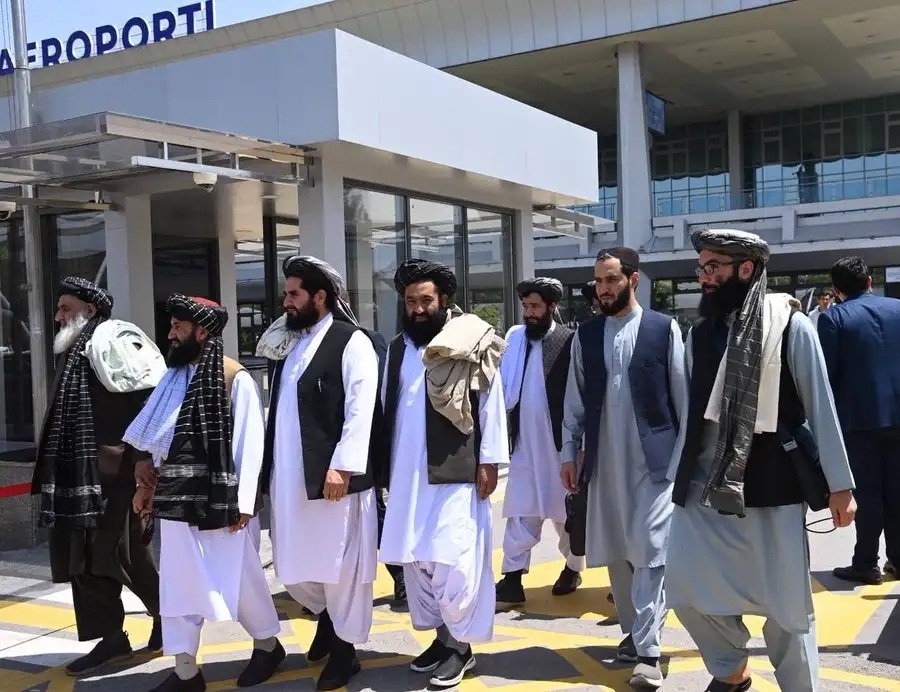The attack on a Pakistan army base, which resulted in the deaths of 12 soldiers and a civilian, was claimed by Tehreek-e-Jihad Pakistan (TJP), a relatively new militant group. Pakistan has accused the Taliban government in Afghanistan of failing to take appropriate measures to prevent the activities of the Tehrik-i-Taliban Pakistan (TTP) and its affiliated factions … writes Dr Sakariya Kareem
The relationship between Afghanistan and Pakistan is deteriorating following a major attack in Balochistan’s Zhob Cantt on July 12.
The attack on a Pakistan army base, which resulted in the deaths of 12 soldiers and a civilian, was claimed by Tehreek-e-Jihad Pakistan (TJP), a relatively new militant group. Pakistan has accused the Taliban government in Afghanistan of failing to take appropriate measures to prevent the activities of the Tehrik-i-Taliban Pakistan (TTP) and its affiliated factions.
According to the Inter-Services Public Relations (ISPR), the Pakistani armed forces have “serious concerns regarding the TTP’s safe havens and freedom of action in Afghanistan.”
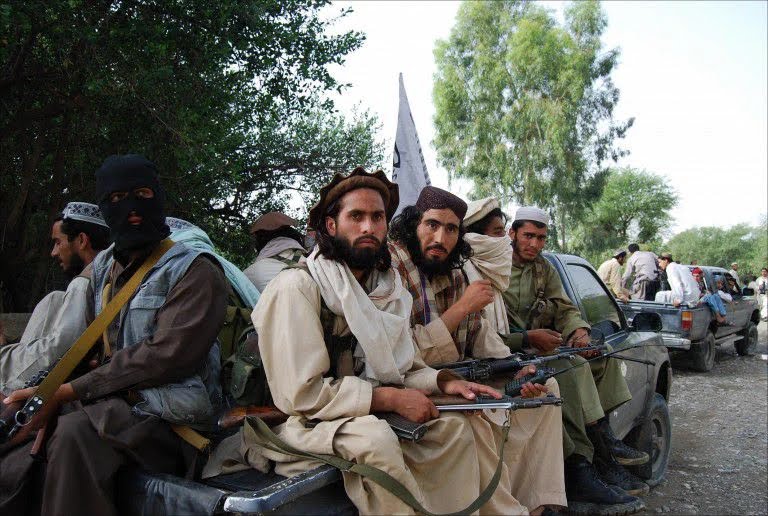
In a statement, the Pakistan military expressed its concerns over the TTP’s ability to operate freely in Afghanistan and emphasised that “the interim Afghan government should not allow its territory to be used for terrorist activities, as agreed upon in the Doha agreement in February 2021.”
Meanwhile, the foreign office has urged Afghan authorities to fulfil their promises regarding the non-utilisation of their territory for terrorism against Pakistan. Following the breakdown of the ceasefire between the TTP and the Pakistani military in November 2022, the terrorist group has significantly intensified its activities throughout Pakistan. Despite multiple requests, Islamabad alleges that the interim Taliban government has not taken substantial actions against the TTP.
Additionally, Pakistan is now hinting at the alleged involvement of Afghan nationals in recent terror attacks.[8] In response to these allegations, Zabiullah Mujahid, the spokesman for the Afghan Interim Government, refuted them by stating that there is no TTP presence in Afghanistan. He further emphasised that “if Pakistan possesses any evidence, it should be shared with the Afghan authorities, who will consider it and take appropriate action.”
Furthermore, he claimed that “Pakistan is blaming Afghanistan for its own failure to maintain internal law and order.” In a media interview, Pakistan’s defense minister, Khawaja Asif, claimed that Islamabad had warned the Afghan Taliban it will “strike terrorist hideouts inside Afghanistan” if the de facto rulers in Kabul were unable to rein in anti-Pakistan militants. In a tweet on July 15 following the Zhob army base attack, Khwaja again warned the Kabul administration that “such attacks are intolerable and would elicit an effective response from the security forces of Pakistan.”
He further criticised the Taliban for “disregarding crucial commitments” made in the 2021 Doha agreements, including its commitment to prevent the use of Afghanistan territory for terrorist activities. All these allegations and counter allegations have exacerbated serious tensions between the two countries. The alliance between the TTP and the Afghan Taliban can be historically traced back to the United States’ invasion of Afghanistan in November 2001.
The recent report on Afghanistan by the United Nations Security Council Monitoring Team has also highlighted the close bond between the Afghan Taliban and the TTP, stating that the Taliban considers the Pakistani Taliban as a “part of the Islamic Emirate”.
Islamabad believes that the Afghan Taliban are not in a position to oppose the TTP and will continue their strong ties with the outfit and it is now allegedly equipped with “advanced weapons” such as night vision goggles that were left behind by the American forces when they exited Afghanistan in August 2021. Since the return of the Afghan Taliban to power in Afghanistan in August 2021, Pakistan has witnessed a resurgence of terror attacks reportedly orchestrated by the TTP and its affiliated outfits.
According to the Pakistan Institute for Peace Studies report, Pakistan had witnessed at least 262 terror attacks in 2022, with the TTP being responsible for at least 89 of them. Of particular concern to Islamabad is the alarming death toll of over 400 people, predominantly Pakistani security forces, resulting from suicide bombings and other attacks since the beginning of 2023 in Khyber Pakhtunkhwa and Balochistan.
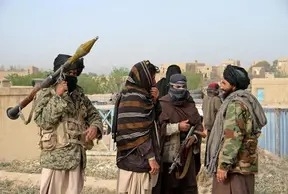
In a press conference in June, Director General ISPR Major General Ahmed Sharif Chaudhry had said that Pakistani security forces conducted 13,619 intelligence operations this year in which 1,172 terrorists were killed or arrested. He also added that 95 soldiers were killed in these operations.
Moreover, during the past two years, there have been multiple incidents of violent border skirmishes between security personnel from the Taliban government and Pakistan. It is crucial to note that the Taliban has categorically rejected the Durand Line as an “official border” separating Pakistan and Afghanistan. Sohail Shaheen, a Taliban spokesperson, recently emphasised that the Durand Line is merely a “line” and lacks recognition as a legitimate border, further exacerbating the differences between Islamabad and Kabul.
In April, a National Security Committee meeting in Pakistan reached a consensus to launch an “all-out comprehensive operation” to combat the escalating terrorist activities within the country. The subsequent press release openly criticised the Taliban administration for allegedly facilitating the return of “dangerous terrorists” to Pakistan. By making these accusations, Islamabad aims to exert pressure on the Afghan Taliban on the issue of terrorism. Pakistan is aware that by portraying itself as a “victim,” it can generate global sympathy while potentially straining the relationship with the Taliban.


